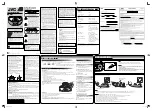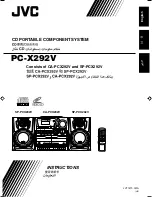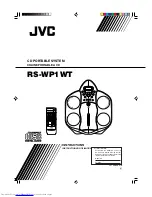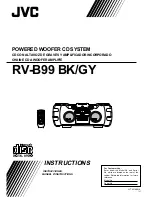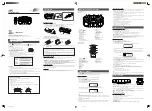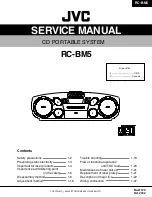
PLANING FOR FINISH
Planing for a smooth finish as well as thickness is best accomplished by taking light cuts on the board. However,
several other things are important beside light cuts to achieve a smooth finish.
Always feed the board in a direction that allows the planer blades to cut with the grain. This aids the knife in severing
the wood fibres rather than lifting and tearing the fibres. Torn fibres give a fuzzy appearance to the surface. Feeding
against the grain can also cause your knife to lift large chips from the board’s surface, causing a very unsightly
appearance.
THICKNESS PLANING
Thickness planing is the sizing of material to a desired thickness, whicle creating a smooth surface parallel to the
opposite side of the board.
The art of thickness planing consists mainly of using good judgement about the depth of cut in various situations. You
must take into account not only the width of the stock, but the hardness of the board, its dampness, straightness, grain
direction and grain structure.
The effects of these factors upon the quality of the finished work can only be learned through experience. It is always
advisable, whenever working with a new type of wood, or one with unusual problems, to make test cuts on scrap
material if possible, prior to working on your finished product.
FOR ADDITIONAL PLANING
If more material needs to be removed, hand crank the cutterhead no more than 3mm and complete another pass.
Repeat this process until the desired thickness has been reached.


























